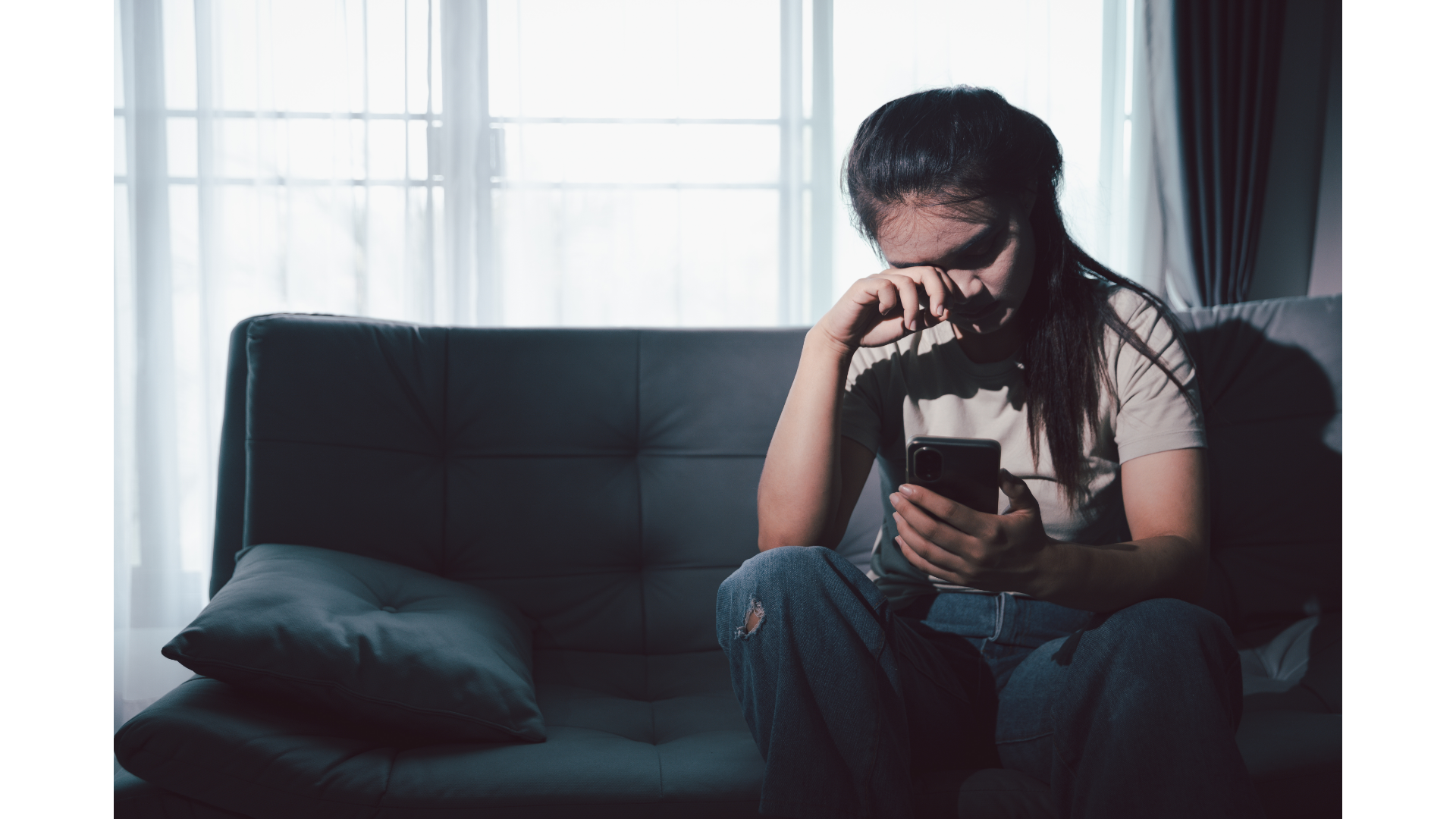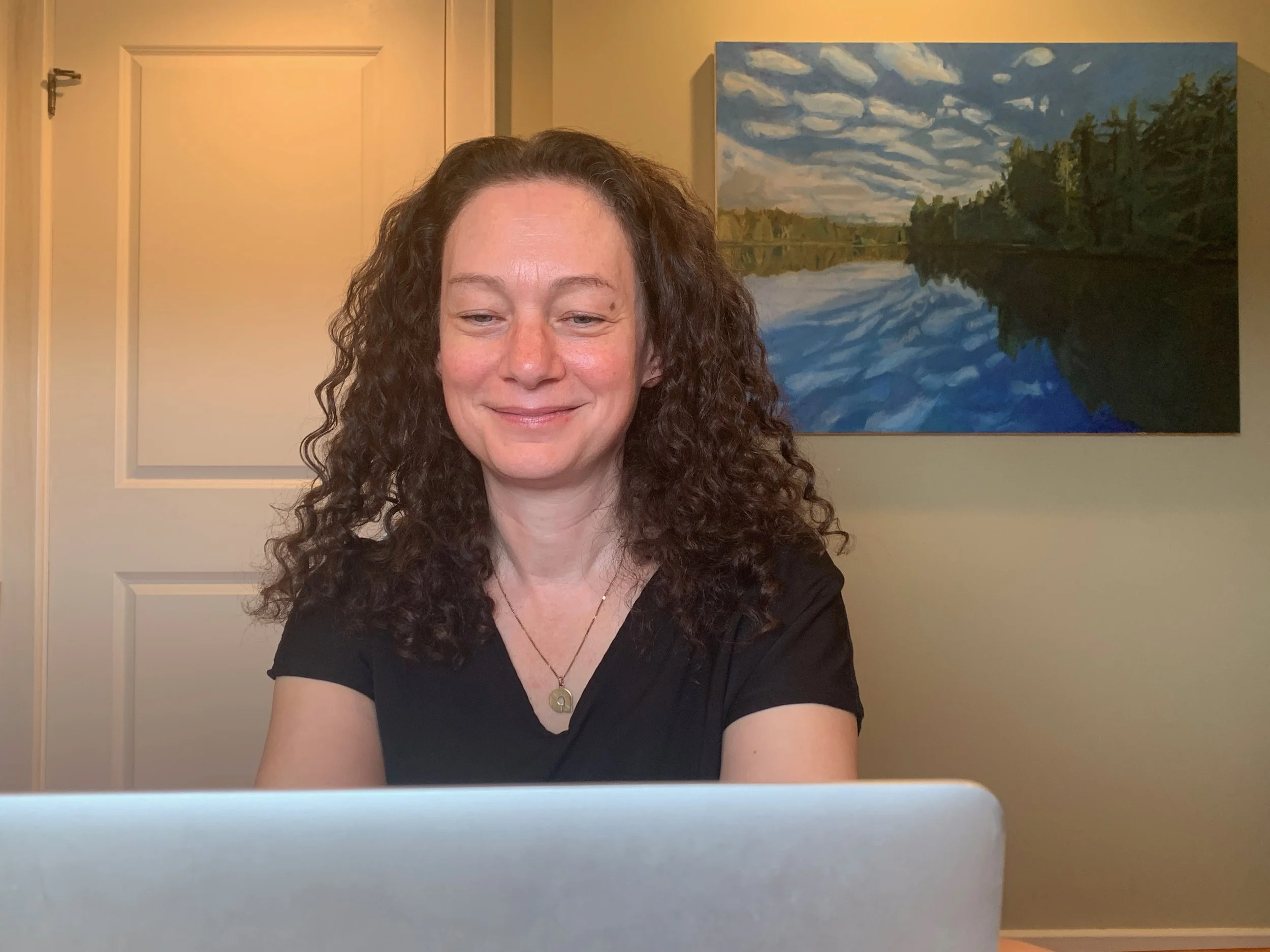When the world feels uncertain, many people experience deep emotional overwhelm or despair. In this therapist-written piece, we explore why these feelings make sense — and how self-compassion, nervous system awareness, and emotional care can support your mental health without minimizing what you’re going through.
Read MoreWhy do so many New Year’s resolutions fall apart — often within weeks? Instead of blaming willpower or motivation, this article explores a gentler, more effective path to change. Through curiosity, self-compassion, and self-trust, real personal growth becomes possible at any time of year — without shame, pressure, or perfection.
Read MoreStruggling with financial stress during the holidays? Learn why December often brings overspending, money anxiety, and pressure to meet expectations—and discover practical ways to honour your financial boundaries with more clarity, intention, and calm.
Read MoreDecember can bring a wave of emotional triggers — from family pressures and financial stress to grief, loneliness, and the winter blues. This article explores why the holidays can feel overwhelming and offers compassionate, practical strategies to support your mental health during the season.
Read MoreExplore how your money personality affects your relationship, communication, and financial stress, and learn tools for healthier money conversations.
Read MoreTalking about money can feel overwhelming, triggering anxiety, shame, guilt, or avoidance. For many people, financial stress is deeply tied to past experiences, family patterns, and feelings of vulnerability. In this article, Registered Psychotherapist Aviva Boxer explores why money feels so emotionally charged and how self-compassion, therapy, and small mindful habits can help you build a healthier, more confident relationship with your finances. If money worries are affecting your mental health, you’re not alone — support is available.
Read MoreAI tools like ChatGPT are reshaping how people approach mental health and self-care. Many are using ChatGPT for emotional support, journaling prompts, and mindfulness tips — but it’s important to know the difference between AI guidance and real therapy. In this article, psychotherapist Aviva Boxer explains how ChatGPT can enhance your therapy journey by offering structure, reflection, and insight between sessions, while highlighting why the human connection of psychotherapy remains irreplaceable.
Read MoreWhy is talking about money so hard? Learn how understanding your money story can reduce shame, improve financial wellbeing, and support healthier relationships.
Read MoreA registered psychotherapist explores why forcing employees back to the office is harmful to mental health — and how workplace flexibility supports well-being and productivity.
Read MoreDiscover a therapist’s gentle approach to building habits that support your mental health and well-being. Learn how to create fall wellness routines that feel good and last.
Read MoreThe intense therapy that we accept as essential in a crisis will help a lot in the moment, which is important in getting through that crisis. But the long-haul type of therapy, where you see your therapist weekly or biweekly, consistently and over time, will help you explore core issues, process feelings and release burdens that have likely been weighing on you since childhood.
Read MoreMid-crisis, my 16-year-old son came downstairs and, seeing his distraught mother frantically hitting buttons, asked to help me. He listened as I tried to explain what happened. Then he calmly took my phone and began troubleshooting, pretending not to notice that I was struggling to hold it together.
Read MoreI am a therapist and a therapy client and I can say from both perspectives, that one of the most special yet daunting parts of therapy for me is the first session. The first session is important because this is the first chance a client and a therapist get to spend time together getting to know each other to see if they truly connect.
Read MoreCompassion fatigue found me while I was doing emotionally taxing, empathetic, and caring work without caring enough for myself. I tried to attend to my needs; I finally used some of my vacation days and lieu hours that had piled up. I tried self-care; working out, seeing friends, painting my nails, taking baths and any other self-care activity I could think of, or afford. The problem was that these steps came too late.
Read MoreIf you look up the causes of anxiety in midlife women, perimenopause is usually considered the culprit. But so many factors can contribute to midlife anxiety, especially for women. We are most often the ones, in heteronormative relationships, who carry the bulk of the mental load.
Read MoreFeeling emotionally safe in your space at home can make a huge difference in accessing your feelings more readily and for those with mobility issues, or for those who have more acute social anxiety, virtual therapy can mean the difference between getting mental health support and not getting it at all.
Read MoreDuring these uncertain times, we do need ideas for coping, but we also need to identify our uncomfortable feelings and possibly even allow those feelings to inform how we move forward. If that sounds a little daunting, it’s because it is a huge responsibility both to ourselves and to the world around us.
Read MoreThe difference between now and the past is that there is no getting away from how dark the world feels even without watching every newscast and reading every headline. Even though we need to know what is going on, we also need a mental break from the relentlessness of watching the news of today and accepting the reality of the state of the world and the fear of what could happen in the future.
Read MoreI got the message, as many of us have, that menopause was something to dread and endure silently, not to celebrate in the same way we may have done when we got our periods. Menopause always felt like an ending to me, not the beginning of something. I could not have been more wrong.
Read MorePerimenopause and menopause are natural stages in a woman’s life, but that doesn’t make them any less daunting. In fact, these transitions often come with a complex combination of physical and emotional challenges that can feel overwhelming. Yet, despite how common these experiences are, many women find themselves navigating these stages with little support, leaving them to battle not only the symptoms but also a sense of invisibility.
Read More



















